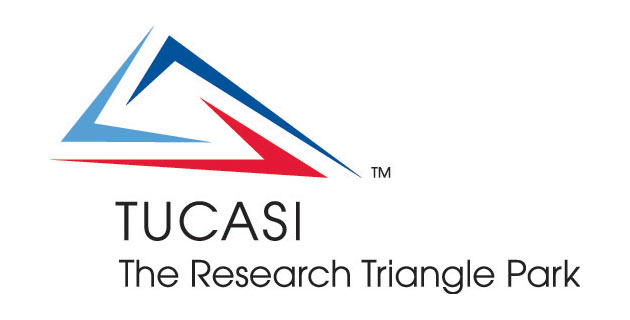CHAPEL HILL, NC–An initiative that will determine how Triangle area universities access, manage, and share ever-growing stores of digital data launched this fall with funding from the Triangle Universities Center for Advanced Studies, Inc. (TUCASI).
The two-year TUCASI data-Infrastructure Project (TIP) will deploy a federated data cyberinfrastructure—or data cloud—that will manage and store digital data for Duke University, NC State University, UNC Chapel Hill, and the Renaissance Computing Institute (RENCI) and allow the campuses to more seamlessly share data with each other, with national research projects, and private sector partners in Research Triangle Park and beyond.
RENCI and the Data Intensive Cyber Environments (DICE) Center at UNC Chapel Hill manage the $2.7 million TIP. The provosts, heads of libraries and chief information officers at the three campuses signed off on the project just before the start of the fall semester.
“The TIP focuses on federation, sharing and reuse of information across departments and campuses without having to worry about where the data is physically stored or what kind of computer hardware or software is used to access it,” said Richard Marciano, TIP project director, and also professor at UNC’s School of Information and Library Science (SILS), executive director of the DICE Center, and a chief scientist at RENCI. ”Creating infrastructure to support future Triangle collaboratives will be very powerful.”
The TIP includes three components—classroom capture, storage, and future data and policy, which will be implemented in three phases. In phase one, each campus and RENCI will upgrade their storage capabilities and a platform-independent system for capturing and sharing classroom lectures and activities will be developed.
“Online content is constantly being created, but there is no system in place to share it across the campuses,” said Samantha Earp, head of academic services at Duke’s Office of Information Technology and lead for the TIP classroom capture working group. “Our group will look at coordinated approaches to capturing and sharing content. The tools we use might differ from campus to campus, but we can develop best practices and look at models that will allow us to share content regardless of how it was created.”
In phase two, the TIP team will develop policies and practices for short- and long-term data storage and access. Once developed, the policies and practices will guide the research team as it creates a flexible, sustainable digital archive, which will connect to national repositories and national data research efforts. Phase three will establish policies for adding new collections to the TIP data cloud and for securely sharing research data, a process that often requires various restrictions.
“Implementation of a robust technical and policy infrastructure for data archiving and sharing will be key to maintaining the Triangle universities’ position as leaders in data-intensive, collaborative research,” said Kristin Antelman, lead researcher for the future data and policy working group and associate director for the Digital Library at NC State.
The tasks of the TIP research team will include designing a model for capturing, storing and accessing course content, determining best practices for search and retrieval, and developing mechanisms for sharing archived content among the TIP partners, across the Triangle area and with national research initiatives. Campus approved social media tools, such as YouTube and iTunesU, will be integrated into the system.
“The data infrastructure we develop will have an impact well beyond our three campuses,” said Reagan Moore, head of the TIP storage working group, co-director of the DICE Center, a UNC SILS faculty member and a RENCI chief scientist. “We intend to demonstrate how data initiatives in other regions can build similar systems. This is an opportunity for North Carolina to be recognized as a leader in developing federated, multi-institutional data infrastructure.”
About RENCI
The Renaissance Computing Institute, a multi-institutional organization, brings together multidisciplinary experts and advanced technologies to address pressing research issues and to find solutions to complex problems that affect the quality of life in North Carolina, our nation and the world. Founded in 2004 as a major collaborative venture of Duke University, North Carolina State University, the University of North Carolina at Chapel Hill and the state of North Carolina, RENCI is a statewide virtual organization.
Media contact:
Karen Green, RENCI
kgreen@renci.org
919.445.9648 (office)
919-619-8213 (mobile)



